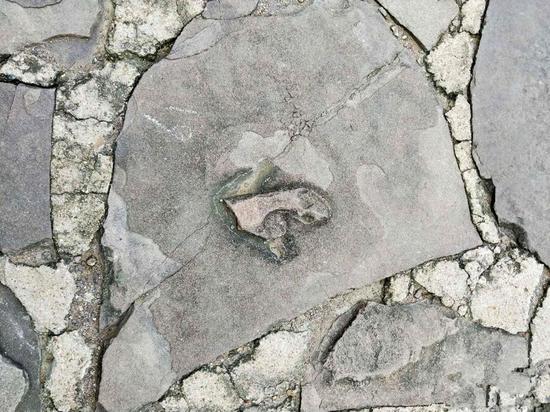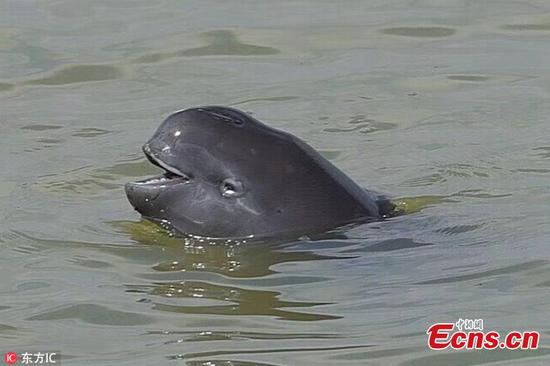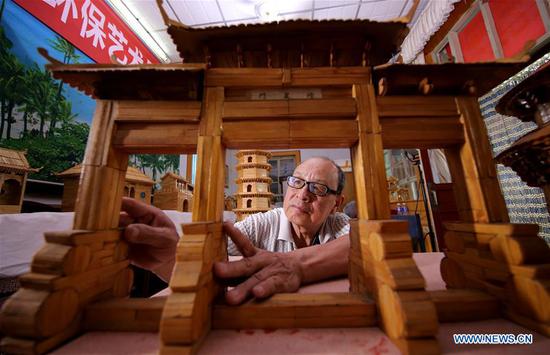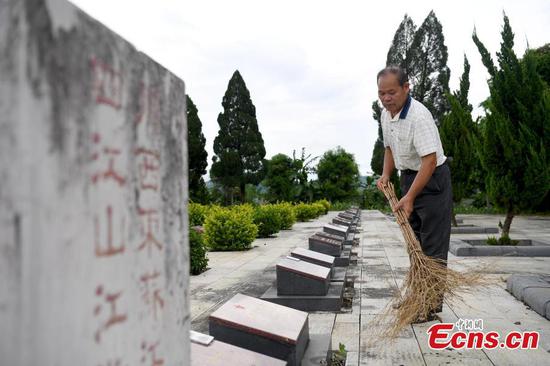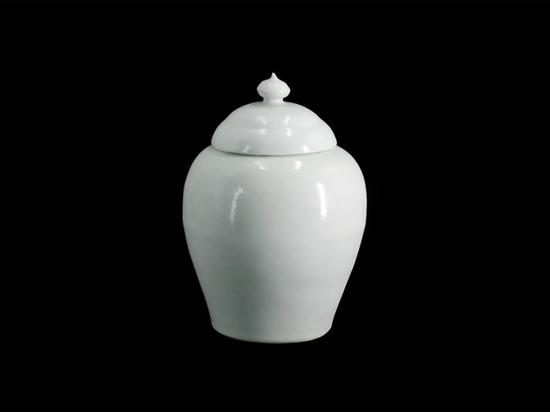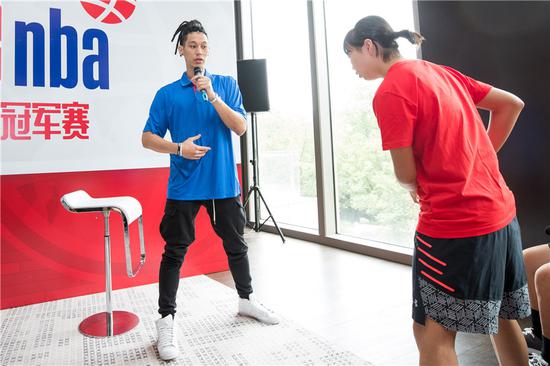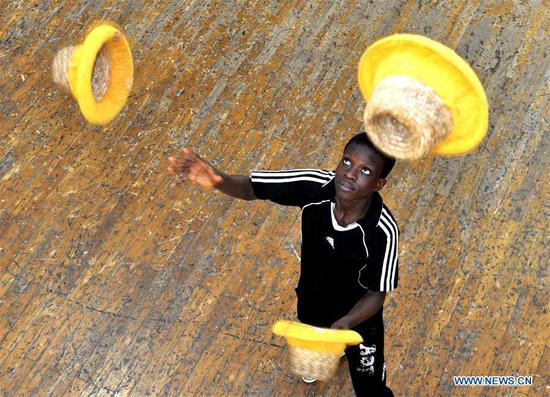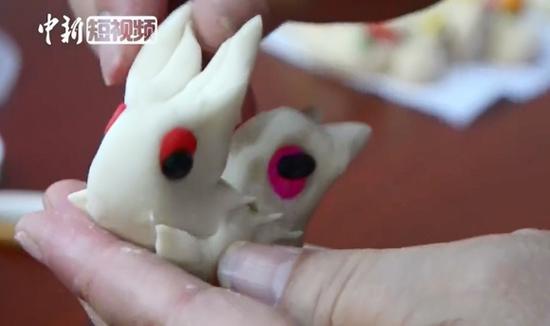Uruguay's Confucius Institute has seen demand expand so quickly that more teachers are urgently needed just three months since it opened in April, the rector of the University of the Republic (Udelar) told Xinhua.
"We need more teachers because the activity is growing at (a) breakneck speed," said Roberto Markarian, whose university manages the institute in conjunction with Qingdao University in eastern China's Shandong Province.
The Montevideo-based Udelar, a leading university in the Latin American country, currently has some 200 students enrolled in Mandarin classes at both the institute and the Foreign Language Center run by Udelar's Humanities Department.
After the institute began operation in April, the month of the 30th anniversary of diplomatic ties between Uruguay and China, its classrooms filled quickly, reflecting the rising interest in Chinese culture among local students and business sectors.
The Confucius Institute also offers classes for government officials, such as those coming from the National Meat Institute (INAC), the defense and foreign affairs ministries, and several regional offices.
"It's one of the most fruitful experiences to have the heads of INAC learn about Chinese customs," said Markarian, adding that INAC General Manager Ruy Fernando Gil also took classes, as well as other "high-level officials."
Beef is one of Uruguay's leading exports, and according to INAC figures, China buys almost half of the country's exports.
The institute is about to reach an agreement with the Uruguay-China Chamber of Commerce "so business owners can also begin to learn the basic elements" of Chinese culture, said Markarian.
For the second year in a row, Udelar plans to host a seminar titled "Language and cultural traditions of China" with the sponsorship of China's commerce ministry to raise awareness about Chinese culture among Uruguayans.
"The entire country and its diverse political and cultural sectors are interested in deepening our ties" with China, said Markarian.
Cheung-Koon Yim, who directs Uruguay's Confucius Institute, said the idea is to "encourage and develop Uruguayan society's capacity to understand traditional Chinese culture by learning its language."
An architect by profession, Yim, in his 80s, has been living in the Latin American country since 1953.
"The institute is going to have a much wider reach and many more courses," Yim said.
He plans to introduce new classes such as cooking, calligraphy and painting, as well as to launch exhibitions in a bid to help promote different facets of Chinese culture.
Over the weekend, the institute hosted the Chinese Bridge competition, an annual international contest to reward non-Chinese speaking students according to their Chinese proficiency.
It was the third time that the contest has been held in Uruguay for secondary-school students. This year two of them won a trip to China.













